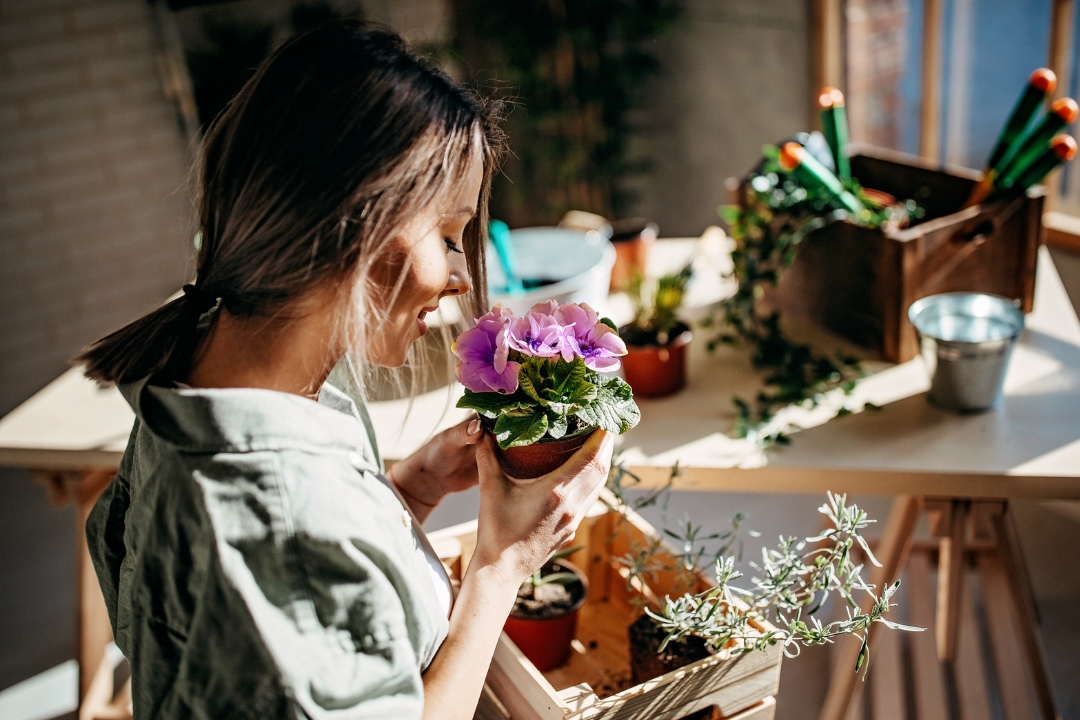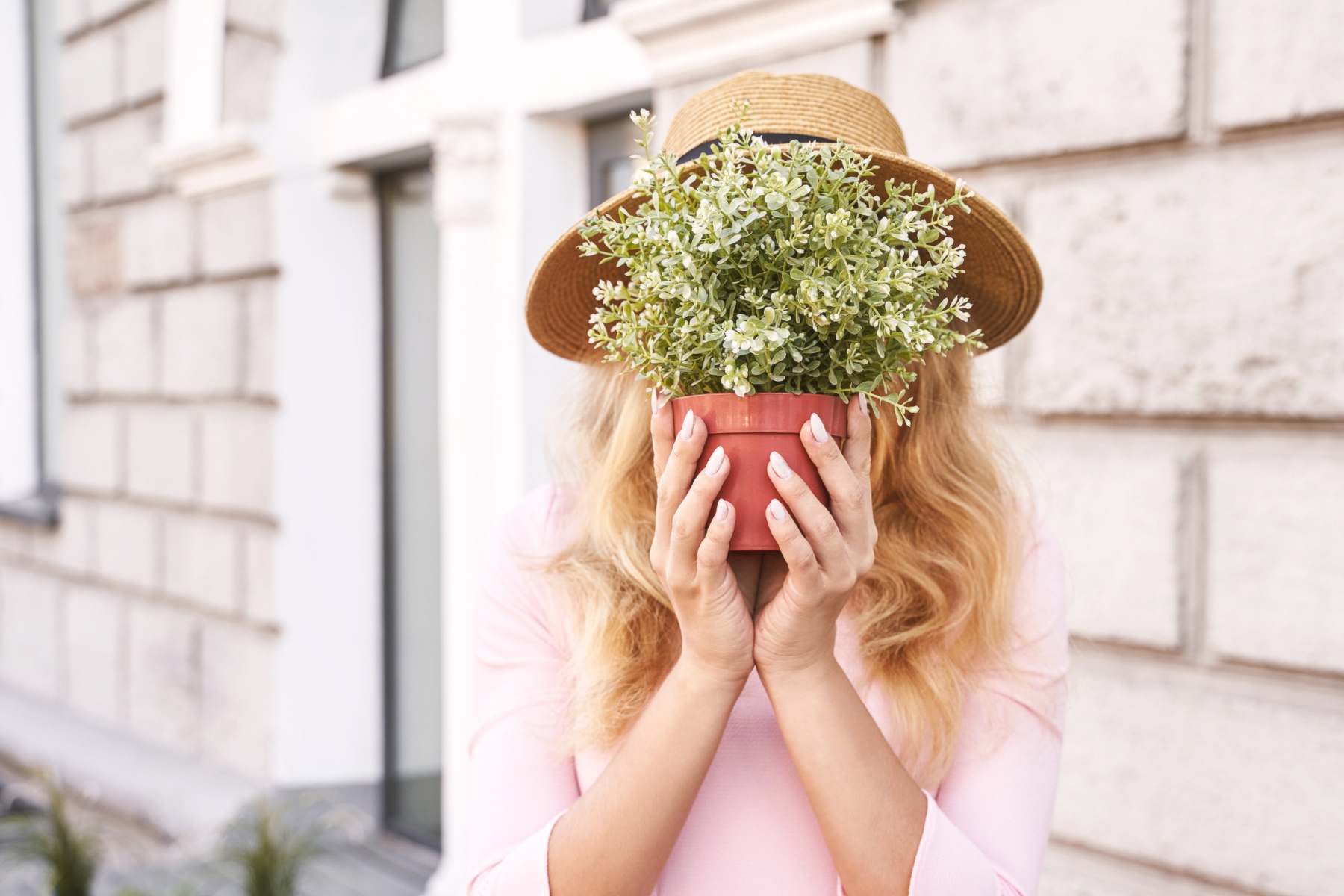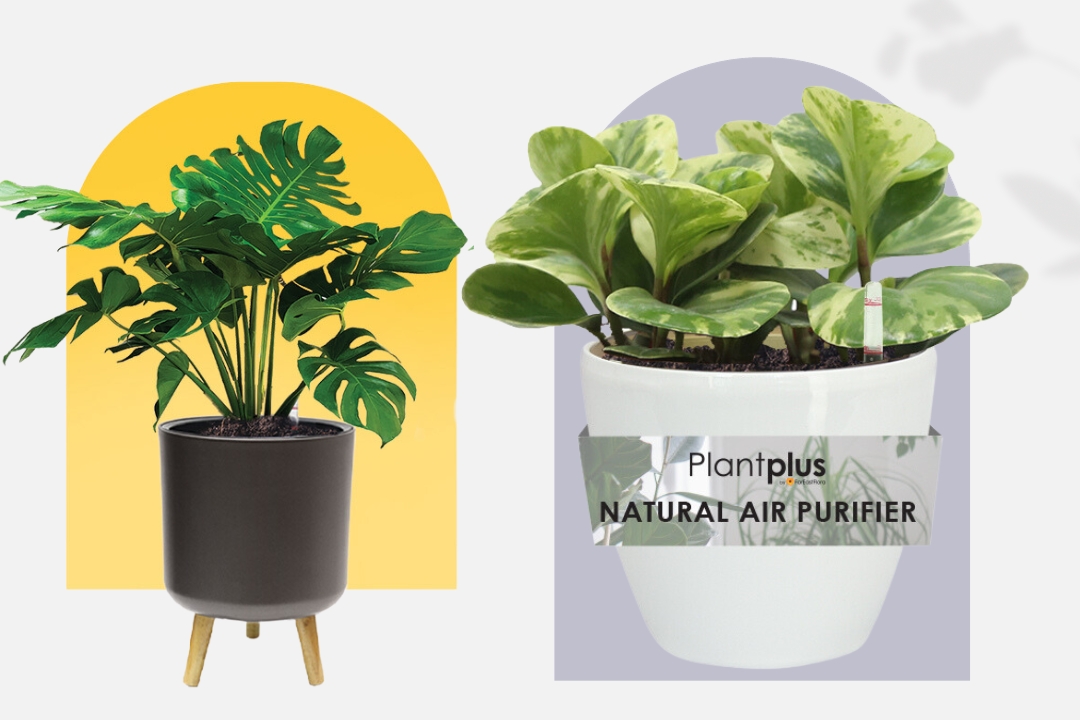Get To Know: Sunflowers
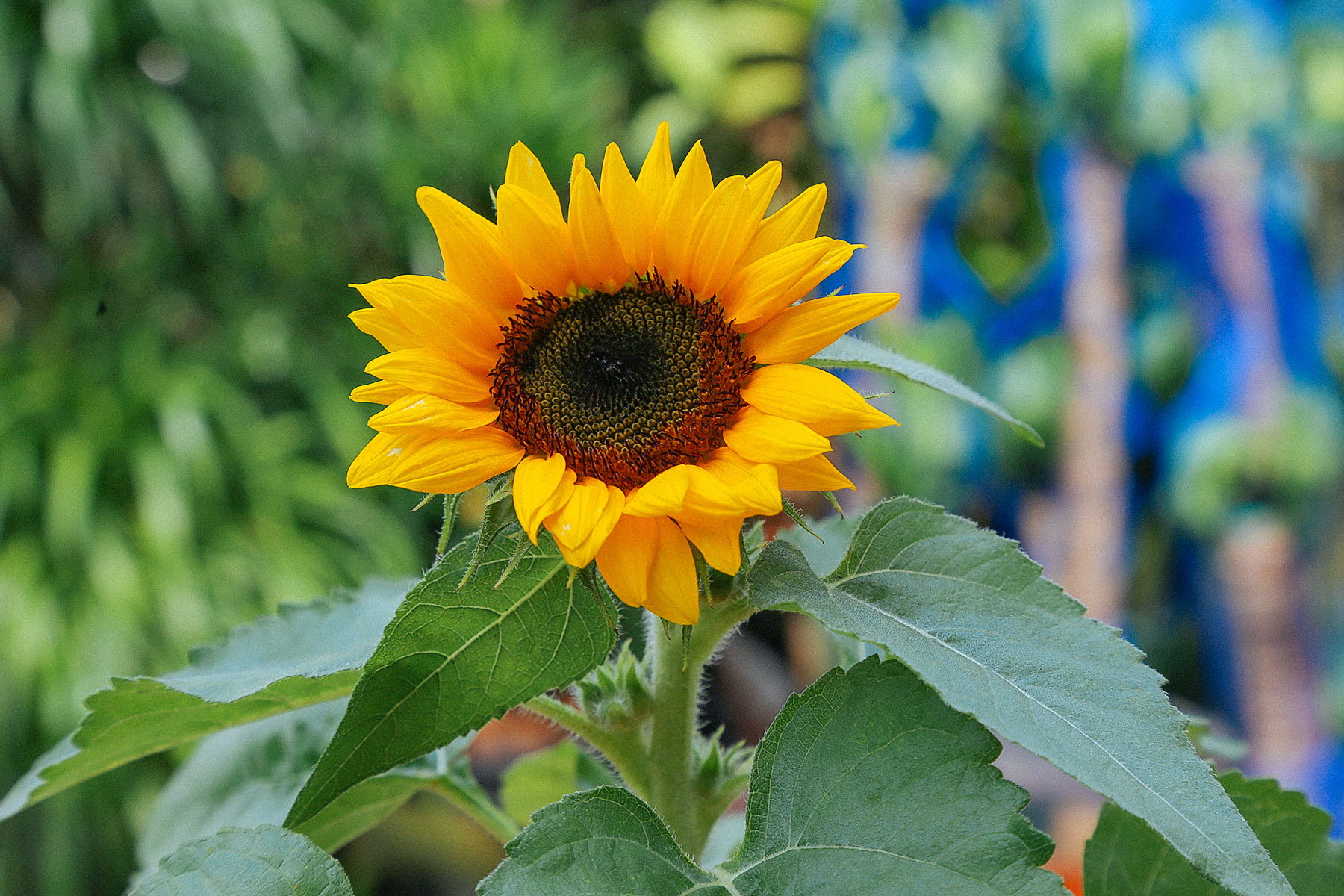 Sunflowers are often referred to as “the happiest flowers on earth.” Their large, brilliant blooms resemble the sun, bringing a warm feeling to anyone in their presence. Sunflowers are extremely easy to grow as they are heat tolerant, pest resistant, and fast-growing. This makes them a wonderful starter plant for your little ones to kickstart their gardening journey!
Sunflowers are often referred to as “the happiest flowers on earth.” Their large, brilliant blooms resemble the sun, bringing a warm feeling to anyone in their presence. Sunflowers are extremely easy to grow as they are heat tolerant, pest resistant, and fast-growing. This makes them a wonderful starter plant for your little ones to kickstart their gardening journey!
Fun Fact: Do you know that the centre core of the sunflower where seeds develop is made up of tiny blooms? The outer flowers are known as ray florets, while the inner flowers are known as disc florets. Ray florets are sterile/ asexual and do not possess any reproductive parts. Disc florets, on the other hand, are complete flowers with both male and female structures. They will eventually mature into what we know as sunflower seeds, which are actually the fruit of the plant!
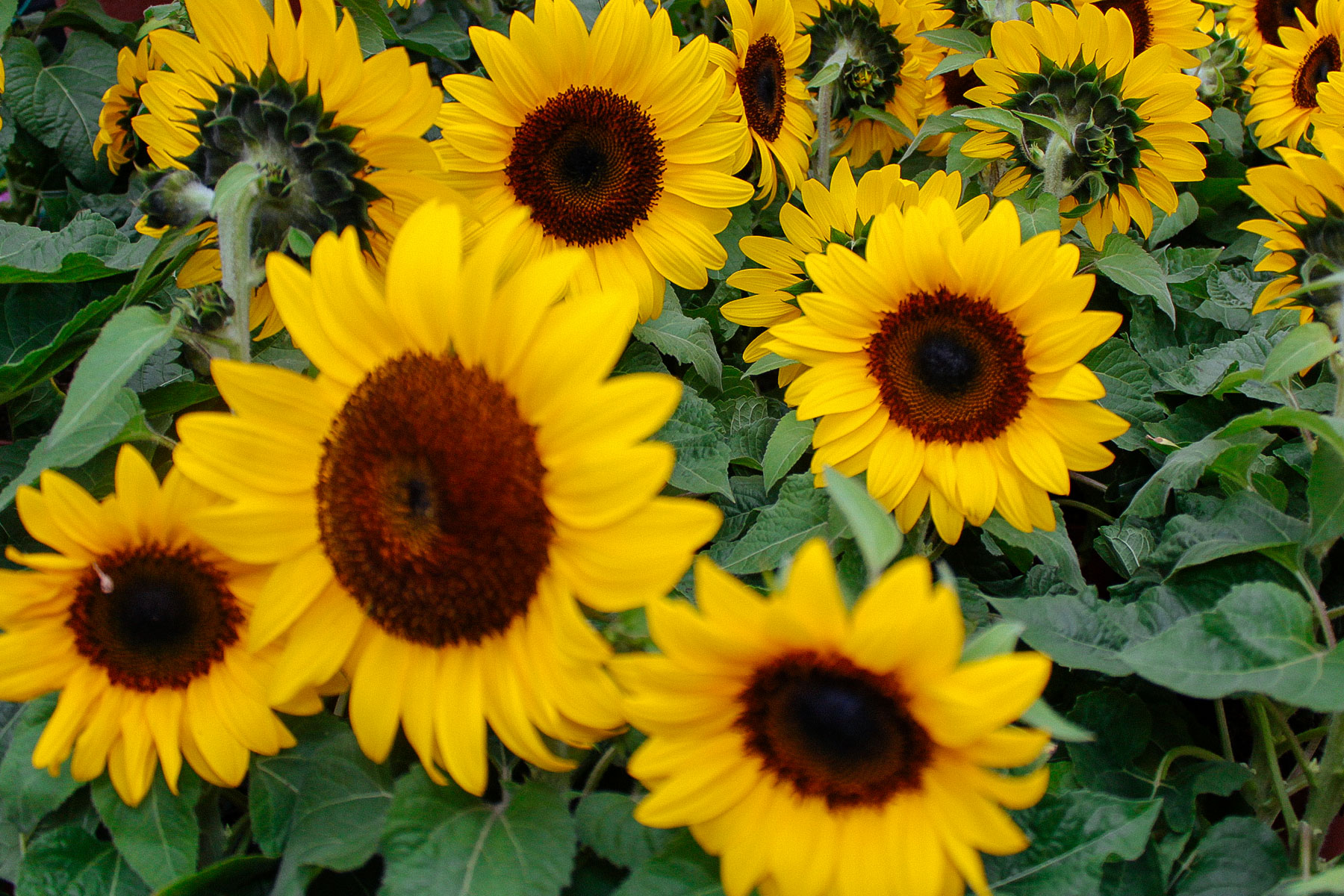
General care:
Light
Sunflowers require plenty of bright direct sunlight to thrive. Ideally, they should be placed in areas where they will be exposed to direct sunlight for minimally 6 hours daily. Avoid planting sunflowers too closely together as it will deprive their leaves of getting sufficient sunlight. With insufficient sunlight, it will result in in tall and lanky sunflowers with smaller blooms.
Water
Sunflower requires regular watering, especially in hot weather. Water when the top 1-3 inches of soil feel dry to the touch. It is important not to overwater and avoid letting your sunflowers sit in waterlogged soil.
Potting Medium
Sunflowers grow best in loose, well-drained, and nutrient-rich soil.
Fertiliser
Apply fertiliser with a slightly higher concentration of Nitrogen content once every week for overall plant growth. Nitrogen will also boost the height of your sunflowers.
Common Issues
Why are my sunflower leaves turning yellow?
Yellow leaves may indicate that your sunflower is being overwatered or is dealing with poorly drained soil. Opt for well-draining soil containing materials like perlite and cocopeat and adjust your watering frequencies accordingly.
Yellow leaves may also be an indication of nitrogen deficiency. We recommend using our Bio Organic Plant Food (10-3-3) to enhance overall green growth.
The presence of pests may also result in yellowing leaves of your sunflowers. Aphids and weevils are among some of the most common pests that affect sunflowers. Apply neem oil or your preferred insecticide onto affected areas of the plant. Avoid spraying the blooms as this product is toxic to bees which helps pollinates them!
What to do with Sunflowers?
Sunflowers are commonly harvested for their seeds, but do you know they are edible in their entirety? You are able to eat every part of the sunflower from its roots to its petals! Sunflower’s stems make a satisfying crunchy snack (taste like celery), their leaves can be used to make baked chips, and their petals can be used as dainty garnishes!
Other than serving as a delicious edible, their beautiful golden blooms also make them great ornamental plants that will brighten up any space!


